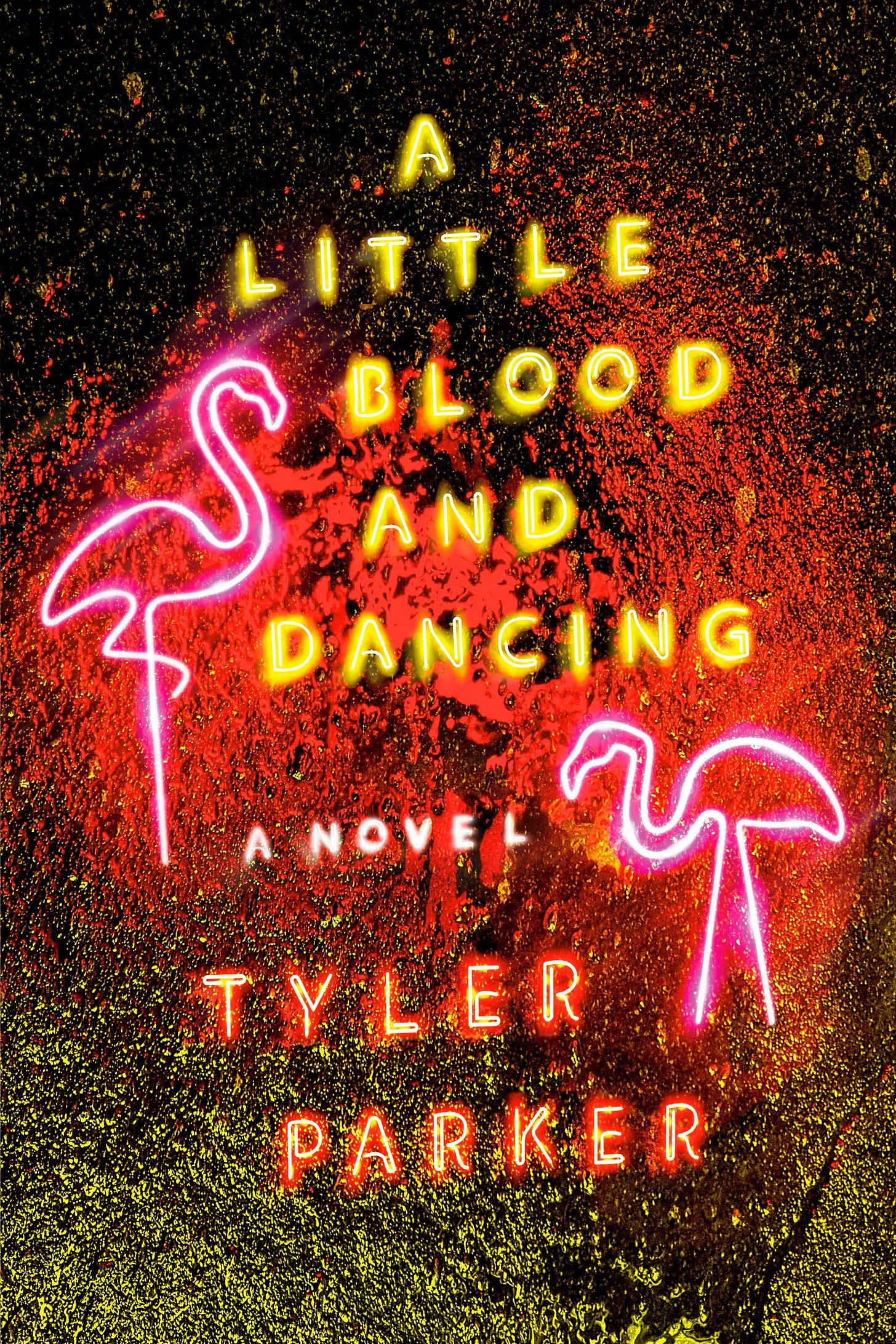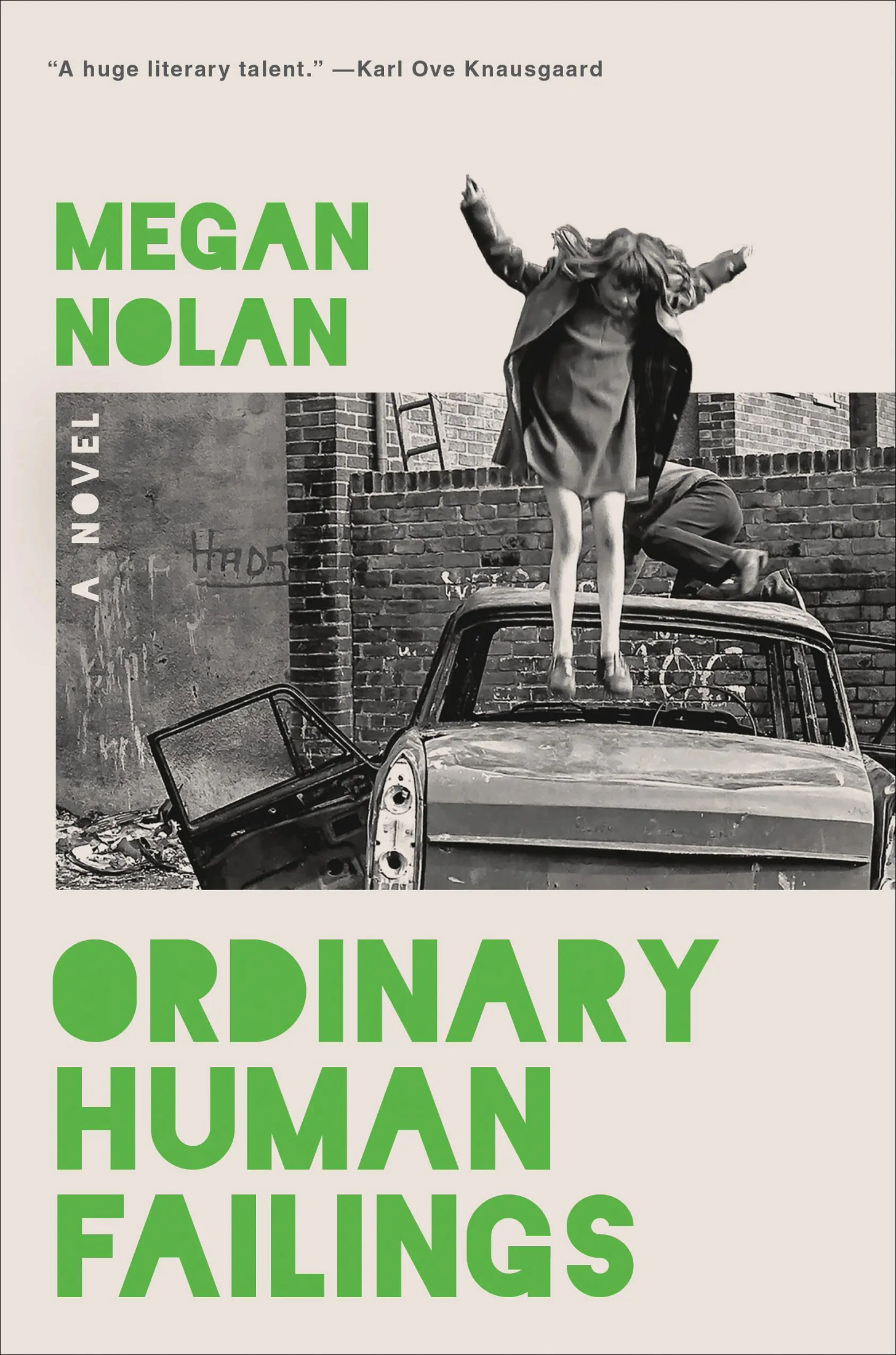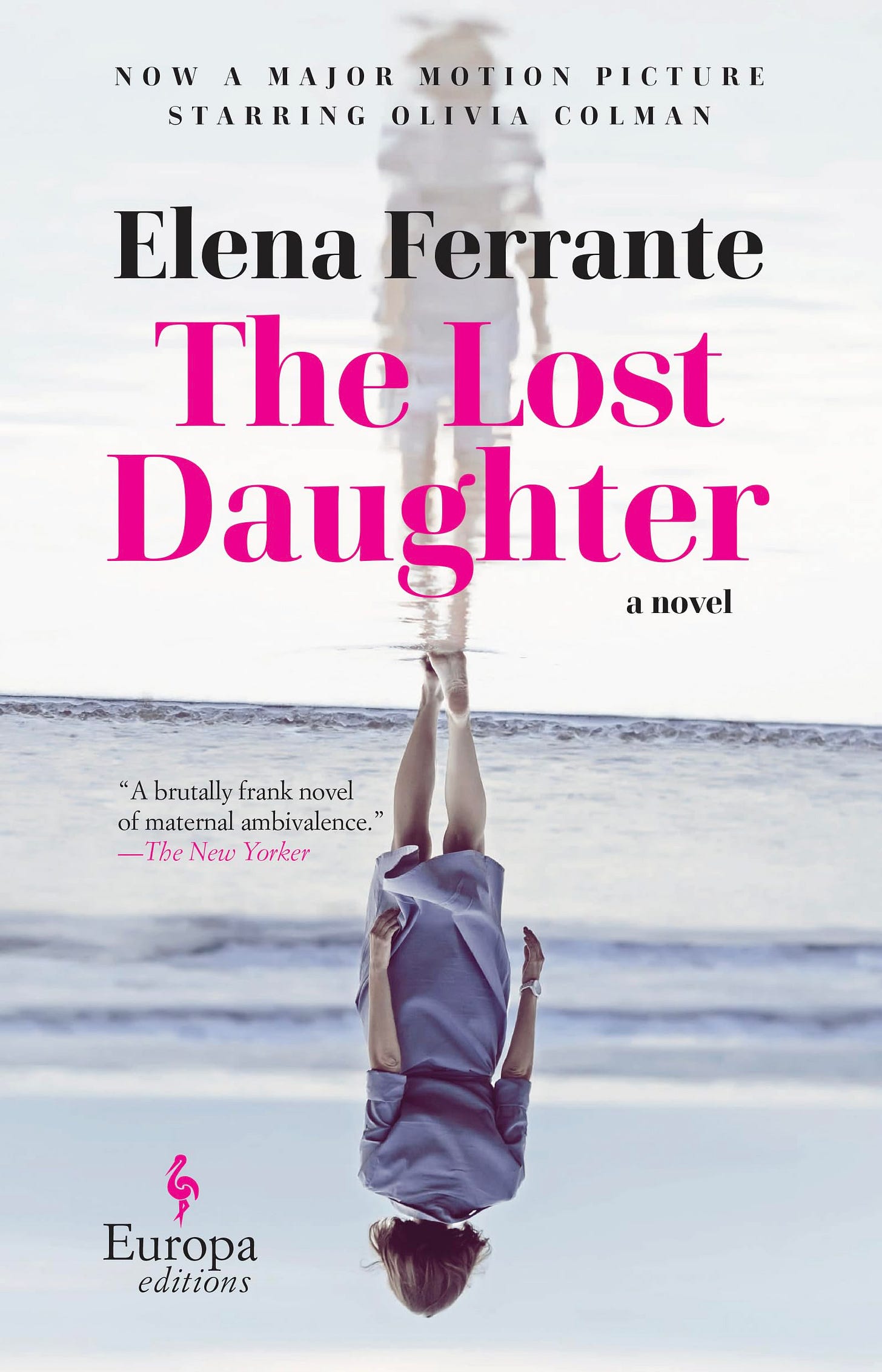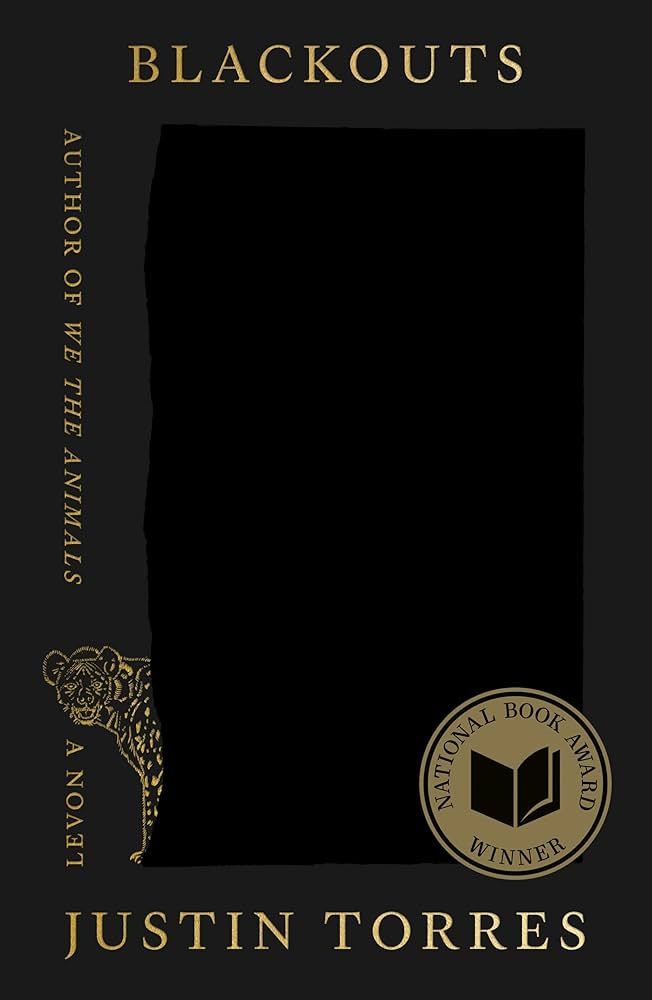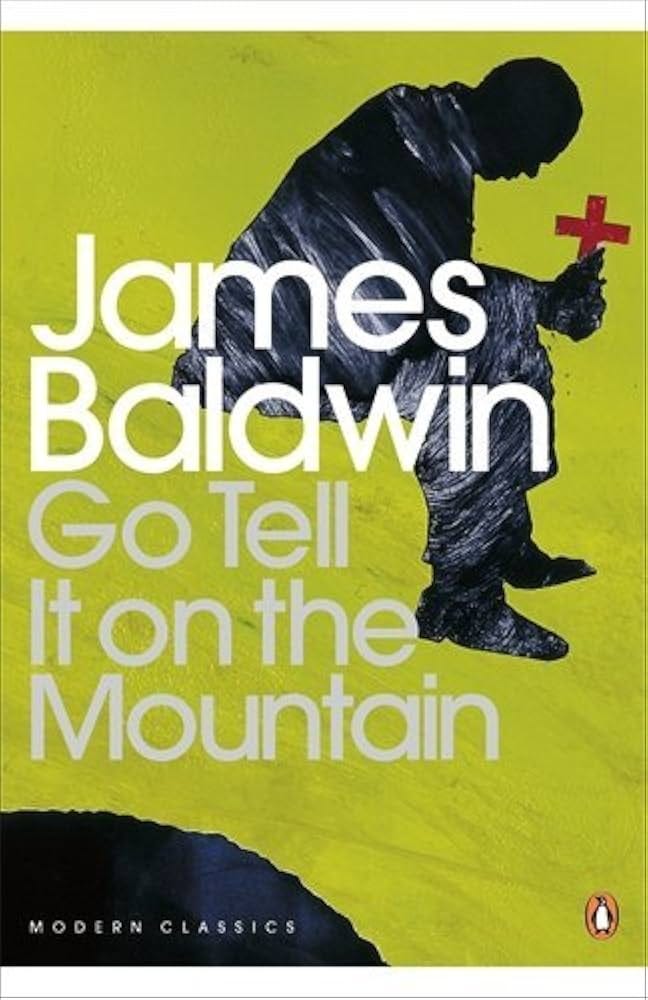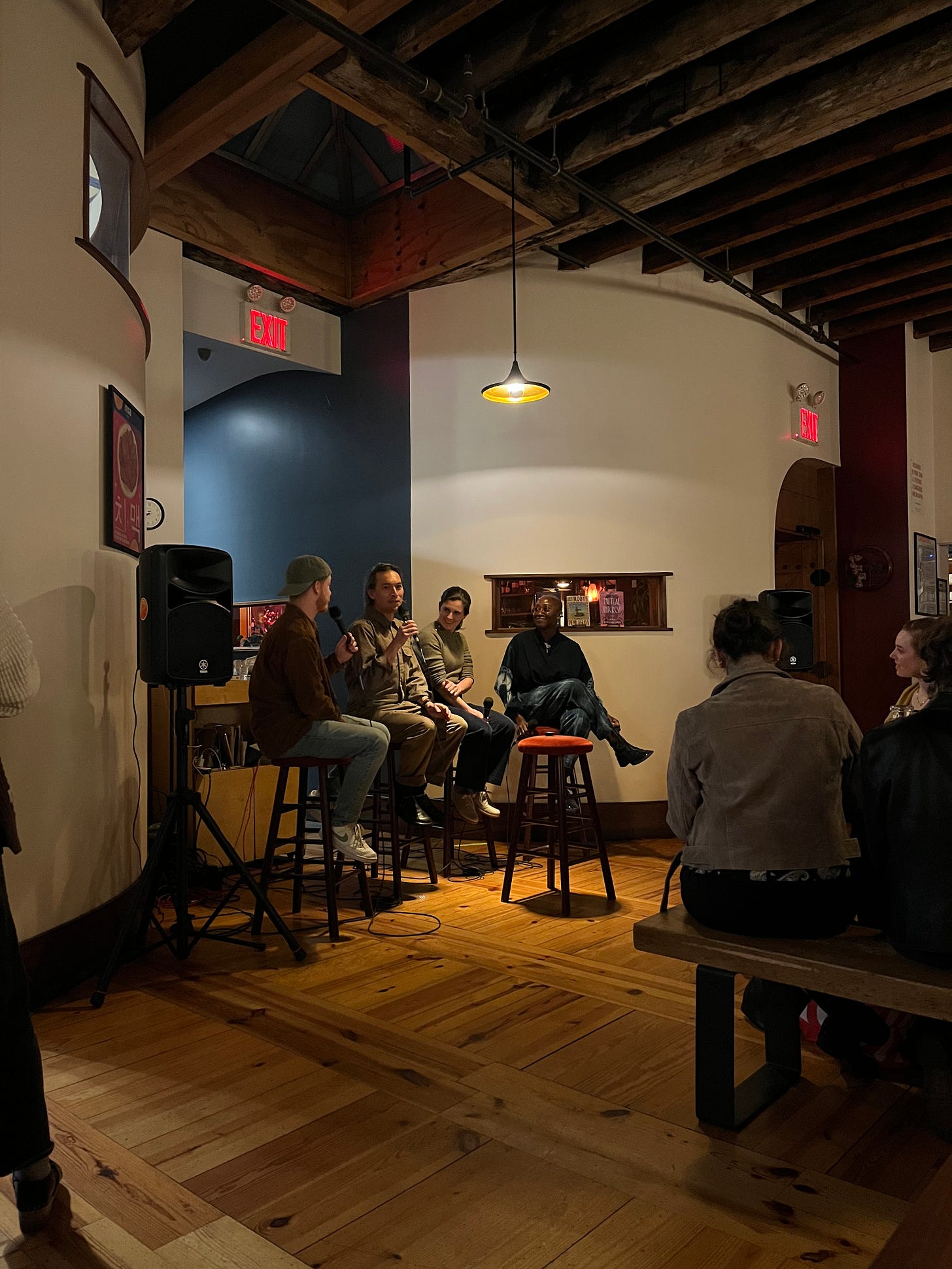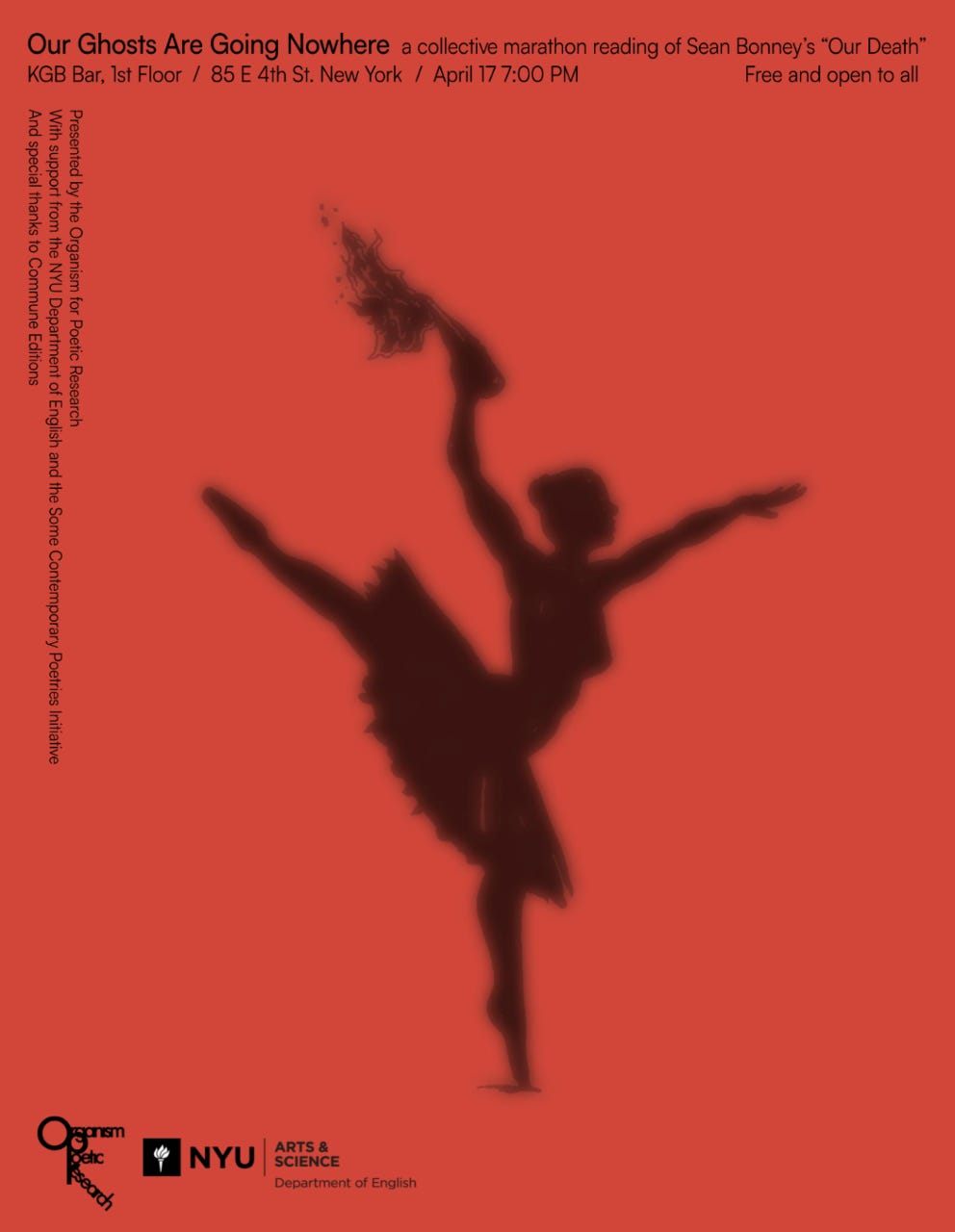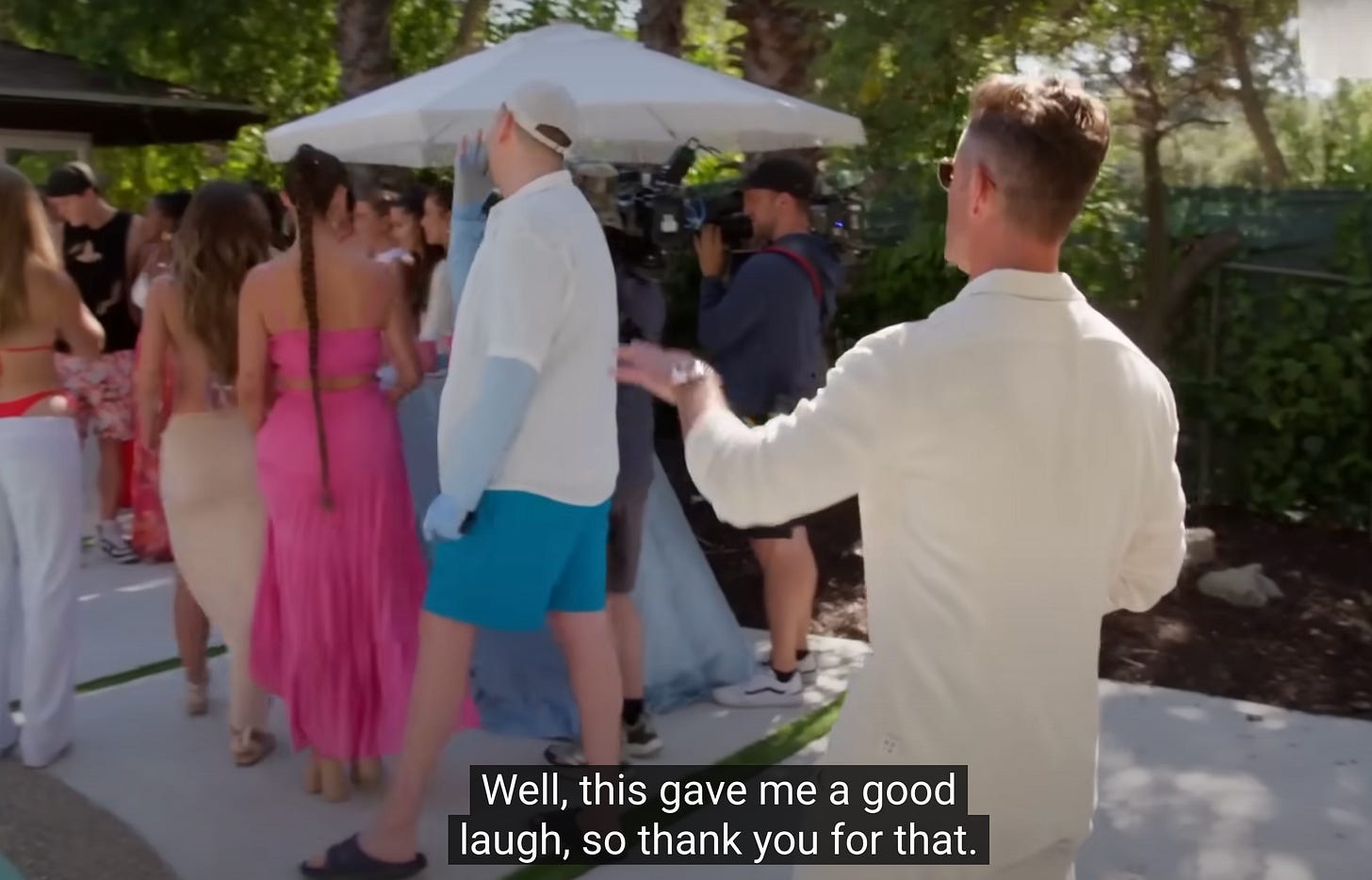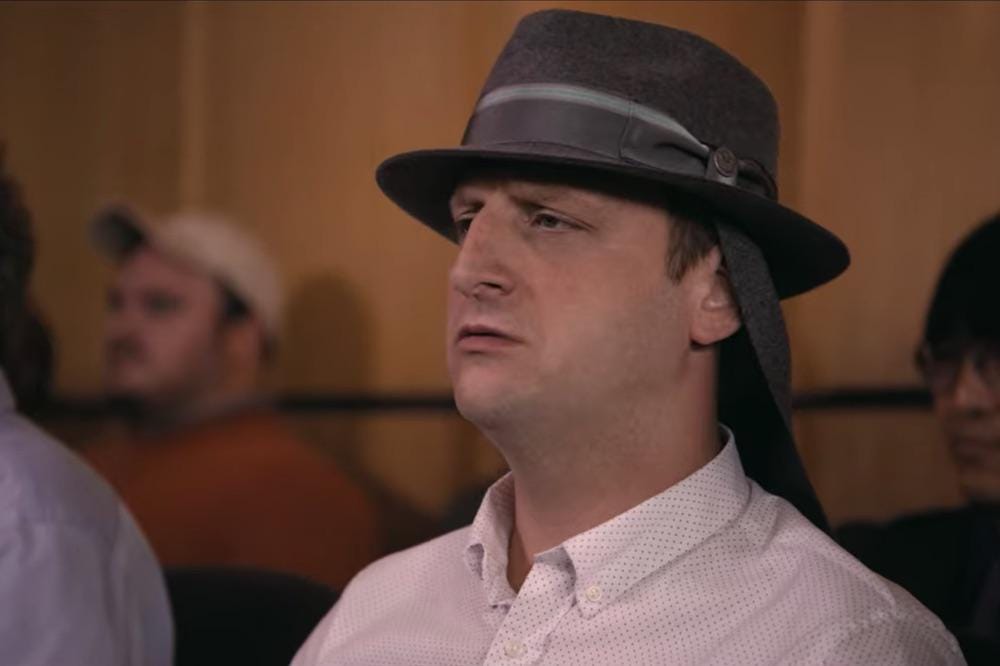unhappy endings
why can't we just stick the landing for once in our miserable lives
Life is crazy, the world is crazy, things are bad and have always been bad but are somehow getting visibly worse, darkest timeline, etc. I really do not fucking feel like talking about anything or sharing my opinions anymore but I guess if I stop doing that then my demons win, right?
On that cheerful note – there are books to discuss!
said books to discuss
When I hear about a book that sounds interesting, I’ll either flag it on goodreads or I’ll request it from Libby. This one came through a few months ago and I didn’t read it but then I needed something to read on my kindle on the elliptical and it was available so I said hey why not. I’m telling you this because I cannot for the fucking life of me figure out who recommended A Little Blood and Dancing to me or how I heard about it and I would really like to discuss it with someone. So if you recommended this to me (or read it), I’d love to hear your thoughts.
My thoughts? This is a fun read! The writing is good and incredibly funny. There’s a surrealist tone to the whole thing, but it’s also very real in its treatment of its characters and their suffering. It follows two parallel storylines over the course of a decade or so in Oklahoma: one of a young woman whose father was murdered before her very eyes when she was five years old, and the other of the man who killed her father and his new bride. It gets pretty fucking dark, but, like I said, it’s hilarious. One of those books that’s incredibly easy to visualize in general and as a screenplay, which I love.
That’s not a surprise – I found out after reading this that Tyler Parker is a sports writer and podcast host for The Ringer, so his aptitude for navigating different forms of media (and the amount of basketball referenced in the novel) makes sense. In general, I think the book flows well and mostly moves at an enjoyably quick pace. I never quite knew what was going to happen next and was pretty surprised at the stories the novel chose to tell at all, which is cool. I was on the edge of my seat pretty much the entire time.
I say it’s mostly well-paced because there’s a bit of inequity in terms of the time the two storylines receive. I won’t spoil how things work out, but this leads to a far less satisfying conclusion since we don’t have as much time to get invested in both of them. The ending was easily the novel’s weakest part; after an enjoyably wild and unpredictable ride throughout most of the book, it concludes in a pretty predictable and disappointing manner that didn’t totally feel earned.
There’s really a lot to love about it. But some of Parker’s execution left a bit to be desired. I would so much rather read a book that starts off rocky and has an incredible ending than vice versa. A not-so-satisfying ending just leaves you with a bad taste in your mouth, ya know? So I’m not sure if I want to rate this one in the high threes or low fours. Maybe a 3.8/5ish?
The issue of a strong start paired with a meh ending was also present for me in Megan Nolan’s Ordinary Human Failings, though it is, of course, a very different book. But I do think it succeeds a bit more than the above book in that it’s more cohesive and understands the story it is trying to tell. It’s about a child who’s accused of killing another child and delves into the backstory behind her family, namely her young mother, in the whirlwind legal and media circuses that follows.
I really enjoyed most of this novel. I found it to be tight and well-paced while still leaving room for meandering reflection and diverging narrative paths. We get to hear from Carmel, the child’s mother; her brother; her father; and a journalist covering the case. And while tackling different narrative perspectives can be tricky, this feels really natural and well-done and all of the characters are surprisingly well-fleshed out, especially considering it’s a shorter book. So that’s quite impressive! How Nolan fit a family saga into a pretty slender novel is beyond me. Her writing style is sparse but revealing (in the style of many modern Irish authors, which I obviously love) and it works very well in telling this story.
Unfortunately, the ending felt a bit rushed and fell a bit flat of what I wanted. I was generally fine with how the book’s central event wrapped up, but I think we could have gotten just a little bit more to pull everything together. It didn’t even necessarily need to be longer; it just sort of feels like Nolan didn’t quite know what tone and vibe to leave us with, if that makes sense. So that detracts a couple of points, unfortunately. But a lot to love regardless! I’m looking forward to reading more of her work. 4.2/5 stars.
The Lost Daughter is basically the exact opposite of the two books above in that it starts off rather meh and doesn’t quite pique my interest until later BUT picks up steam and has a great ending.
This is probably my least favorite Elena Ferrante novel that I’ve read so far. And that’s saying a lot about how brilliant she is, because this is still a stunningly written book. It’s a short one, following a divorced woman whose daughters have finally moved out of the house, offering her some freedom over the summer. Even in its condensed page count and timeline, it gives us quite a few fucking thematic bangers, namely thoughts relating to motherhood – the “correct” way to be a mother, losing a part of yourself because you’re a mother, etc. I don’t relate to being a mother, but I do sometimes relate to being a woman, and so much of this is quite spot-on as it pertains to what we expect of mothers in this society. I found it to be really fascinating.
I probably would have really loved this if it was a bit grander, like the Neapolitan novels or The Lying Life of Adults, and the story wasn’t something I’m typically interested in. But I truly don’t know if I’ve ever come across a more enchanting novelist. And this is the fucking translation! Imagine knowing Italian and reading the brilliance there. We want what we can’t have. 4/5 stars.
I don’t really know how to talk about Blackouts. Getting this out of the way now: I didn’t finish it. I got halfway through and realized that the idea of picking it up again was torturous. It’s not that it’s a bad or unreadable book. In fact, it’s quite the opposite. It’s incredibly ambitious and fluidly written, telling the stories of two queer men – one young, one on his deathbed – in images and ephemera as well as words. Justin Torres obviously knows how to freakin Write with a capital W.
The problem for me was in the narrative structure. I really, really do not like a book that’s told in the format of one person telling another person a story. It’s incredibly rare that this works for me and I’m hating it more and more with every book of this type I read. I think maybe I hit my breaking point with this one because the structure was making me actively upset.
I think that this structure bled into me also not caring for the dialogue, which was written in a stilted and honestly sometimes pretentious manner. It’s bad enough that one person is telling another person a story. Can’t it come across as real in any sense of the word? Also, not related to dialogue, but related to it feeling stilted and pretentious – a big chunk of it is speculative fiction, which I also tend to have a difficult time with. So it’s BAD ENOUGH that someone is telling someone else a story and talking in a way literally no one would talk ever, but they ALSO know Jan Gay? (Though given that I used to work for an archive housing trans historical materials, I appreciated all of the sexology and Magnus Hirsch references.)
When I started writing this, I thought to myself that I did want to give it another try because I hate not finishing books. However, after surveying what I’ve just written, I think leaving it be is for the best.
I’m saving this for last because it’s a classic and I absolutely hate reviewing classics because they’re classics, so I won’t totally actually review it. But I finally read Go Tell It on the Mountain and obviously adored it. It’s my favorite work by Baldwin thus far (though I admittedly have a light Baldwin repertoire). A really raw, real, beautiful heart-wrenching family saga told over the course of one day. Though I did not care for the ending, which just didn’t resonate with me. It almost doesn’t make sense given the rest of the book? But I’m not a scholar. Just kidding, I sort of am given I had to read this for class so I should probably have a better grasp on why things climax in such a way. Anyway – best book I’ve read this year. 4.4/5 stars.
bookish events
I went to another Tables of Contents event last month (or maybe the month before — I’ve been sitting on this post for a while) – real regular at this thing by this point. If you’re not familiar, it’s a fabulous evening where three authors read excerpts of their work involving food and then we’re served a dish that’s referenced in or inspired by the passage read. Authors included Luis Jamarillo, The Witches of El Paso; Pemi Aguda, Ghost Roots; and Olivia Wolfgang-Smith, Mutual Interest. We also ate some delicious pozole, a Nigerian stew/porridge made from yams called asaro, and mini pancakes. This wasn’t my favorite one I’ve been to — none of the books super piqued my interest — but the discussion was awesome and the food, as always, interesting and delightful.
A few weeks ago, some folks from the NYU English department (shoutout to my friend Suhyoun) put together a marathon reading of poems from Sean Bonney’s Our Death as a way to come together in community given the world around us. If you don’t know Sean Bonney — I didn’t until last semester! — he’s a super cool anarchist poet. His poems are really profound but also funny and raw and real. I’d highly recommend. Our Death is now out of print, but we got some sick chapbooks with some or most or all of the poems in it (not really sure on that one). I’ve never been to an event like this before and it was so awesome and powerful to hear different people from different walks of life reading the poems in succession. I read “Vitriol,” which I’m just gonna put here because it’s fucking awesome.
The buildings collapsed inside the ruins a black light shining.
One day we fall down In the street Great waters are growling.
*
There is no rain inside the invisible creatures
their sounds are not ours —
bullshit, try and say
poison is mathematics As evacuation
of all known cities Say it once and scream it
Our ghosts are going nowhere
are waiting to burn out our houses
*
Were lying inside a system of ashes a System
of nothing but teeth were Trapped
in something’s willing mouth
other media
As you know if you’re up to date on your Vanderpump Rules lore, The Valley, its “grown-up” spinoff, was a shockingly entertaining hit when it premiered last year. Jax, Brittany, and Kristen returned to our screens after Bravo decided that a few years off was enough time for us to forget about all the bad shit they did that got them fired from VPR in the first place. I thought it was going to be a snooze fest, but god damn it, did these people deliver.
Since last year, a lot has changed in the cast’s lives — namely, Jax and Brittany are divorcing, as are Jesse and Michelle, and Janet’s learned that the internet hates her and finds her boring so she’s trying to use insults she found on reddit to impress us. No, Janet. And this season is … REALLY fucking dark. Jax is verbally abusive to Brittany on camera after a physical altercation off camera (he threw a fucking table at her), and while he’s always been really terrible to her, this sort of elevated it to another level. It really just makes you wonder what kind of shit he’s done to her off-camera if he’s willing to do what he does on national television. And it’s sort of had everyone questioning: why is this asshole still on the show? Yeah, maybe we as an audience should have clocked that he was an abusive piece of shit earlier — and essays have been written on the more subtle abusive men who’ve starred on Vanderpump Rules —but I don’t know, things just feel very, very obviously and visibly wrong now in a way that goes beyond the public acceptance of toxic male behavior on shows like these. And that in itself sucks and is sad!
And the other guys on this show are no angels themselves, sweetheart (in the sadly hilarious words of Jax himself). Jesse’s very clearly a manipulative sociopath whose only goal is to make Michelle’s life miserable and punish her for divorcing him (she is very unlikeable, which has turned public opinion against her, which is a whole other thing in and of itself in terms of how women are perceived on reality TV). Again, quite a bit has been said about how gender is policed on reality television, so I’m just treading down a very trodden path, but it’s worth talking about.
Who knows if things will get better? I will watch this show until it physically sickens me and even then I’ll still watch the reunion. I’m the problem! One of my courses this semester was based on the idea that we live in a society of spectacle (a la Guy Debord) and I’ve just been thinking about reality television a lot and its role in reinforcing these colonialist and capitalist and gendered narratives through spectacle. I don’t have anything intelligent to say but, yeah, that’s The Valley, and I will update everyone if I do eventually have something more coherent to say about it. Don’t worry!
If you’re still subscribed to this and you actually read it when I sporadically put it out, thank you! I hope it is helpful in some capacity as you go on your reading journeys. Life stinks and the world is scary. Do what you can to make it less so, especially if you are not at risk of being targeted by a fascist regime that was fascist long before Trump took office. Some fundraisers:
Public pressure works: Mohsen Mahdawi was released from ICE detention yesterday. It’s worth watching his speech.
And I will end on this note:


